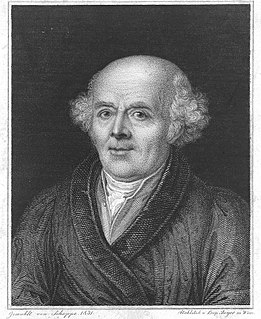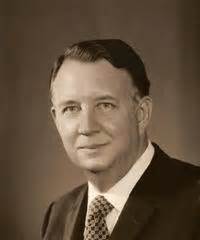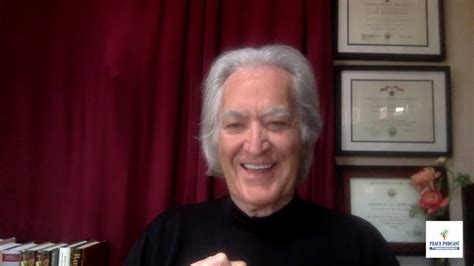A Quote by Erich Fromm
Happiness should be something which results from the creative, genuine, intense relatedness - awareness, responsiveness, to everything in life - to man, to nature.
Related Quotes
All the lies and evasions by which man has nourished himself civilization, in a word is the fruits of the creative artist. It is the creative nature of man which has refused to let him lapse back into that unconscious unity with life which characterizes the animal world from which he made his escape.
Man must have results, real results, in his inner and outer life. I do not mean the results which modern people strive after in their attempts at self-development. These are not results, but only rearrangements of psychic material, a process the Buddhists call 'samsara' and which our Holy Bible calls 'dust'.
The orthodox school has witnessed for centuries that nature itself has never once cured any existing disease with another dissimilar one, however intense. What must we think of this school, which nevertheless has continued to treat chronic diseases allopathically, with medicines and formulas that can only cause a disease condition -God knows which -dissimilar to the one being treated? Even if these physicians have not hitherto observed nature attentively enough, the miserable results of their treatment should have taught them that they were on the wrong road.
The question that faces every man born into this world is not what should be his purpose, which he should set about to achieve, but just what to do with life? The answer, that he should order his life so that he can find the greatest happiness in it, is more a practical question, similar to that of how a man should spend his weekend, then a metaphysical proposition as to what is the mystic purpose of his life in the scheme of the universe.
This philosophical postulate that the end of all being is the happiness of man has been sort-of covered over with evangelical terms and biblical doctrine - until God reigns in heaven for the happiness of man, Jesus Christ was incarnate for the happiness of man, all the angels exist and ... everything is for the happiness of man - and I submit to you that this is unchristian.
The biographies of great artists make it abundantly clear that the creative urge is often so imperious that it battens on their humanity and yokes everything to the service of the work, even at the cost of health and ordinary human happiness. The unborn work in the psyche of the artist is a force of nature that achieves its end either with tyrannical might or with the subtle cunning of nature herself, quite regardless of the personal fate of the man who is its vehicle.
The world is so unhappy because it is ignorant of the true Self. Man’s real nature is happiness. Happiness is inborn in the true Self. Man’s search for happiness is an unconscious search for his true Self. The true Self is imperishable; therefore, when a man finds it, he finds a happiness which does not come to an end.
If [God] has made it a law in the nature of man to pursue his own happiness, He has left him free in the choice of place as well as mode, and we may safely call on the whole body of English jurists to produce the map on which nature has traced for each individual the geographical line which she forbids him to cross in pursuit of happiness.
In our concern for others, we worry less about ourselves. When we worry less about ourselves an experience of our own suffering is less intense. What does this tell us? Firstly, because our every action has a universal dimension, a potential impact on others' happiness, ethics are necessary as a means to ensure that we do not harm others. Secondly, it tells us that genuine happiness consists in those spiritual qualities of love, compassion, patience, tolerance and forgiveness and so on. For it is these which provide both for our happiness and others' happiness.



































